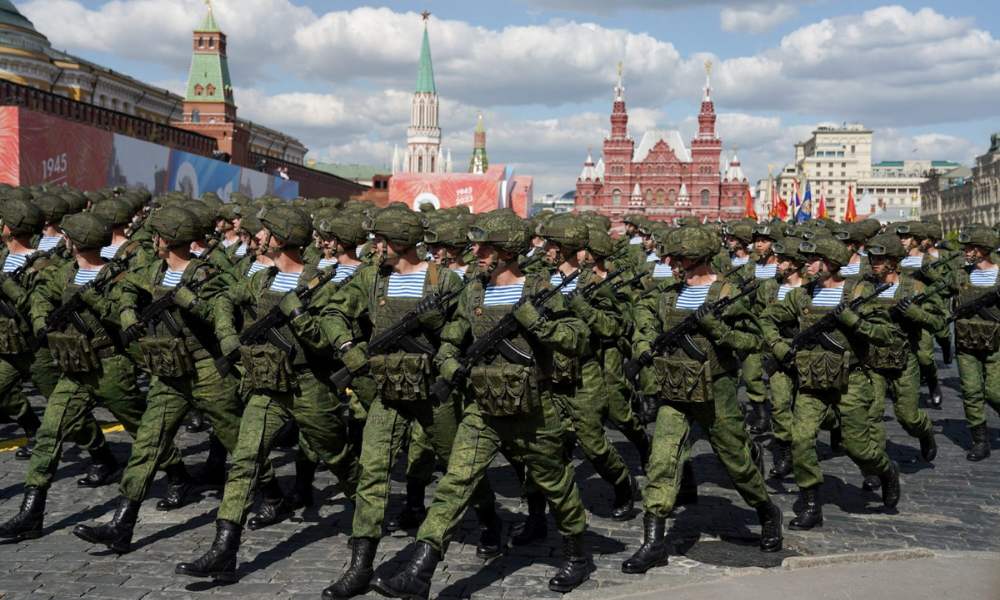
Propaganda and disinformation have played a major role in the Russian-Western conflict, which began in 2014 with Russia's annexation of Crimea from Ukraine.
| Are you a Tax Lawyer in USA? 👉Transform Your Brand: Click for Metamorphosis👈 |
Russia has used propaganda and disinformation to sow discord in the West, justify its aggressive foreign policy, and undermine public support for Ukraine.
Propaganda is information that is used to promote a particular point of view or cause. Disinformation is false or misleading information that is deliberately spread to deceive people.
Russia uses a variety of methods to spread propaganda and disinformation, including:
Some examples of Russian propaganda and disinformation in the context of the Russian-Western conflict include:
Russian propaganda and disinformation has had a significant impact on the Russian-Western conflict. It has sowed discord in the West, justified Russia's aggressive foreign policy, and undermined public support for Ukraine.
Russian propaganda and disinformation has also made it more difficult for the West to respond to Russia's actions. For example, Russia's propaganda about Ukraine being a neo-Nazi state has made it more difficult for the West to provide military aid to Ukraine.
There are a number of things that can be done to counter Russian propaganda and disinformation. One important step is to educate the public about how to identify and spot propaganda and disinformation.
Another important step is to support independent media outlets in Russia and Ukraine. These media outlets play a vital role in providing accurate and unbiased information about the conflict.
Finally, it is important to support fact-checking organizations that are working to debunk Russian propaganda and disinformation.
Propaganda and disinformation have played a major role in the Russian-Western conflict. Russia has used propaganda and disinformation to sow discord in the West, justify its aggressive foreign policy, and undermine public support for Ukraine.
It is important to be aware of the dangers of Russian propaganda and disinformation and to take steps to counter it.
By educating the public about how to identify and spot propaganda and disinformation, supporting independent media outlets, and supporting fact-checking organizations, we can help to mitigate the impact of Russian propaganda and disinformation on the Russian-Western conflict.